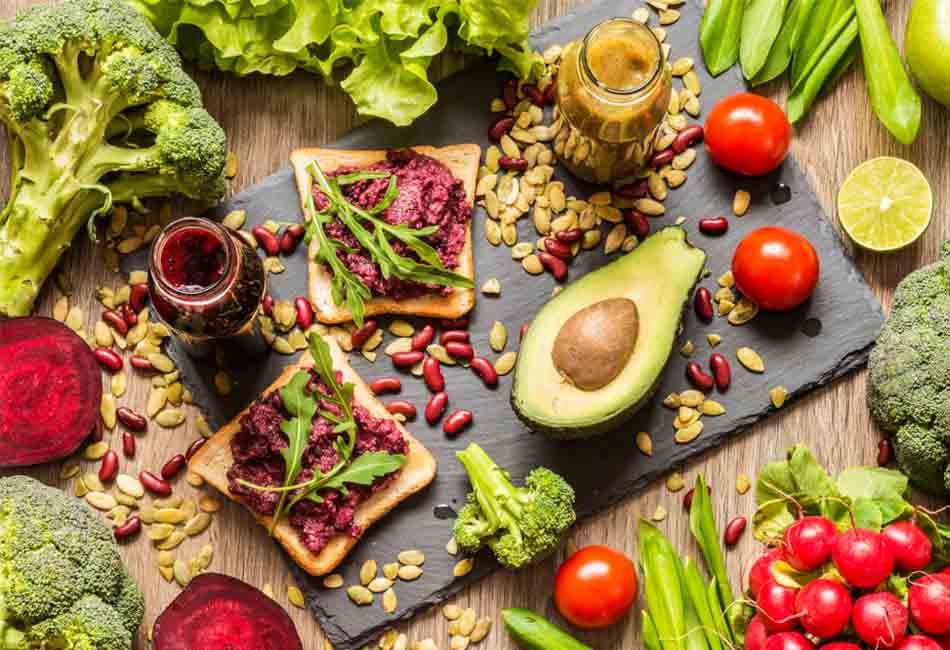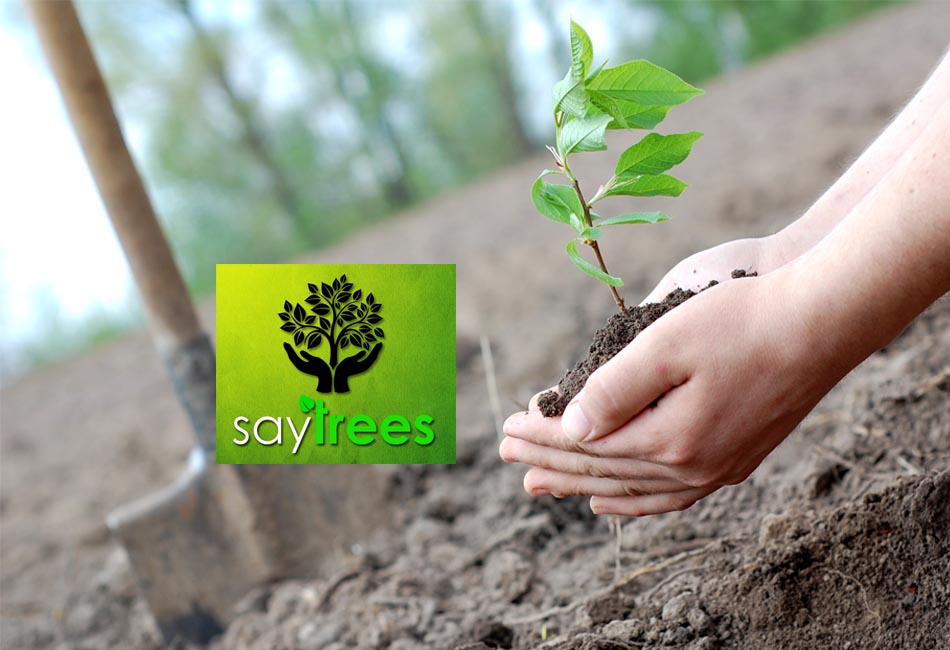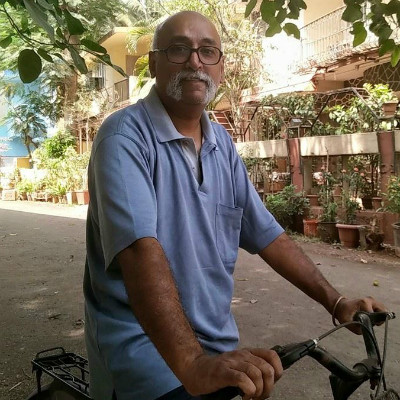Download Free Vegan Starter Kit -

9 Ways Individual Action Can Tackle Climate Change
When talking about plastic pollution, greenhouse gas emissions and destruction of biodiversity, individual impact is just as necessary as change on an industrial level. While it is important to hold large corporations accountable for their impact on the environment, conscious consumers also have a responsibility to reduce their personal carbon footprint as far as possible.
On this Earth Day in 2021, here are some factors to consider regarding climate change, and how one can take certain decisions in their daily life which will make a difference.
1. Limiting Fossil Fuel Consumption
Burning fossil fuels like coal, oil and natural gas for energy generation is the largest contributor to greenhouse gas emissions in the world. It produces upto 35 billion tonnes of carbon dioxide every year.
Toxic run offs from these industries, drilling and even transporting these fuels are harming our soil, water bodies, land and aquatic life and causing acid rain.
Small individual actions like carpooling, opting for public transport, buying locally rather than importing products, and conserving electricity as much as possible are ways to reduce our fossil fuel consumption on a regular basis. If possible, installing solar panels or other renewable sources of energy in your home can also make a large difference.
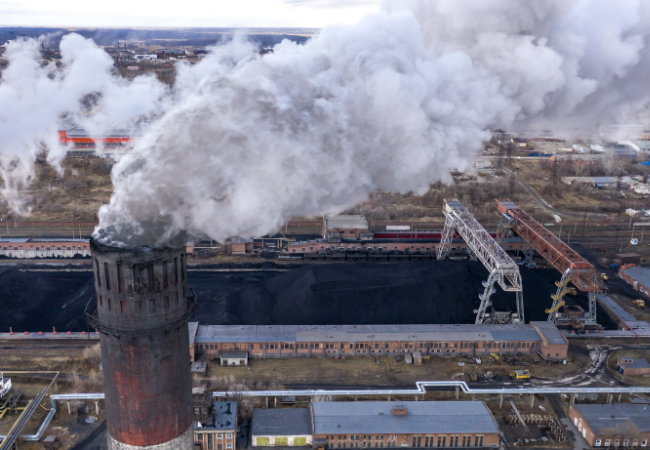
2. Saving The Oceans: Stop Eating Fish
The oceans are responsible for producing 50-80% of the oxygen we breathe, and these oceans cannot survive without its inhabitants. Disruption of one species in the marine ecosystem can lead to the entire system falling apart, and eventually affect life on land.
In the current state of commercial fishing, about 2.7 trillion fish are caught every year. The industry also implements practices such as bottom trawling, which destroys 3.9 billion acres of seafloor annually.
The fishing industry has also led to the depletion of 90% of large fish species in oceans, which has resulted in a population imbalance of other species by wiping out the apex predator.
Moreover, fishing nets are responsible for most of the plastic pollution in oceans, while plastic straws are only responsible for 0.03% of ocean plastic pollution. 46% of The Great Pacific Garbage Patch in the north Pacific is only polluted by fishing nets.
The only way marine life can really be saved is by giving up the consumption of fish as there is no such thing as ‘sustainable fishing’. Reducing demand on an individual level will eventually result in a decreased supply, and can allow ocean life to flourish.

3. Make The Planet And Your Plate Greener By Cutting Out Meat
An often overlooked factor in discussions of climate change, animal agriculture is responsible for 51% of greenhouse gas emissions (mostly methane) annually. A recent study concluded that meat has the largest environmental imapct than any food group.
The meat industry has also led to the deforestation of close to 80% of the Amazon rainforest to make space for cattle ranches. This has not only affected carbon emissions, but has also led to the endangerment of native flora and fauna species.
To produce one kilogram of beef, 15,000-20,000 litres of water is required, and 40% of the world's grains are used to feed animals in the meat industry, rather than to humans.
A University of Oxford research called switching to a plant-based diet the "single biggest way" to reduce one's carbon footprint, which is by 73%. The UN has also recommended plant-based diets to combat climate change on an individual level.
.png)
4. Switching To Plant-Based Alternatives For Dairy
While the meat industry may seem like the only culprit, dairy is not far behind. These industries are closely connected and are co-dependent. Supporting the dairy industry means inadvertently supporting the meat industry as well.
As for dairy itself, it takes 255 liters of water to produce one glass of milk, which is more than any plant-based milk. The dairy industry is also responsible for 11% greenhouse gas emissions yearly.
Picking up sustainable plant-based alternatives like oat, hemp, soy or pea instead of dairy can reduce individual environmental impact by a significant amount.
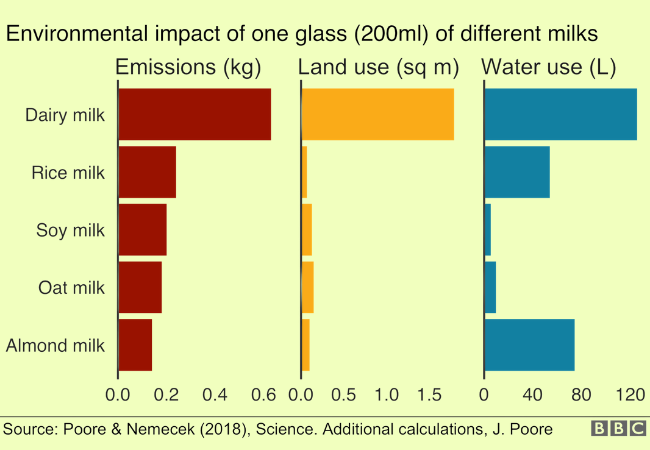
5. Picking Sustainable Options Over SIngle-Use Plastic
Plastic is one of the biggest issues of the modern world. It takes anywhere from 10 to 1000 years to biodegrade, and even then it turns into smaller pieces called microplastics. Microplastics have permeated into our daily life and food.
According to a UNEP report, 300 million tonnes of plastic is dumped every year.
Single-use plastics, including plastic packaging, are pollutants which have many adverse consequences, including harming wildlife, especially marine life.
Buying local food with little to no plastic packaging, cutting out fish from your diet, and using eco-friendly materials such as bamboo for home essentials like toothbrushes are some ways to reduce plastic consumption at an individual level.
Today, many industries are also realising the importance of sustainable materials and have started offering biodegradable options to single-use plastics for different purposes.

6. Choose What You Wear Wisely: Shop Sustainable
The fast fashion industry is the second largest polluter in the world, following the oil industry. This is not only due to the excessive use of plastic fabrics such as polyester, but also the amount of plastic packaging used, which has grown significantly in recent years due to the popularity of e-commerce sites.
Another major contributor to environmental pollution, including water and air pollution, is leather. Tanning is responsible for releasing 600,000 tonnes of toxic waste in water bodies, leading to the destruction of aquatic ecosystems. It also releases gases such as Ammonia and Hydrogen Sulphide, which are damaging to human health. The industry also requires large amounts of resources such as food and water for the animals exploited for leather.
According to the Higg Material Sustainability Index (MSI) 2017, cow leather has the largest environmental impact out of all textiles, followed by silk, cotton and wool respectively. It is scored at 159 in terms of the magnitude of its environmental impact, while polyester is at 44.
Shop wisely and go for sustainable clothing such as recycled polyester and hemp, avoid fast fashion, shop from thrift or second-hand stores, support small sustainable fashion businesses, and practice slow fashion.
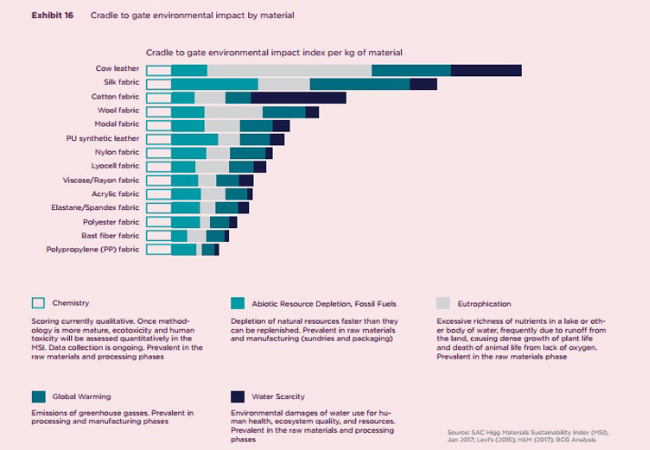
7. Follow The Three R's: Recycle, Reduce and Reuse
Landfills were designed as a way to reduce the exposure of humans to toxic waste, but it has failed at every step of the way. Landfills are the major contributor to soil pollution. 80% of this landfill waste can be recycled, but is not.
Much of this waste is also toxic, leading to air, land and water pollution. In India, waste is rarely ever segregated, creating poisonous working conditions for people who have the inhumane job of cleaning up.
Limiting the amount of waste we produce at an individual level can make a difference. Buying more whole foods instead of packaged foods, opting for biodegradable packaging in products, recycling paper from old books and newspapers, repurposing plastic containers and bottles at home, avoiding overconsumption are some ways to reduce waste.

8. Composting: The Eco-Friendly Alternative To Throwing Away Kitchen Waste
With a country of more than 1.3 billion people, India generates more trash than anywhere else in the world. The trash generated per person is still far lower than that of the USA or other developed nations. By 2050 these numbers are expected to rise. Most of this waste generated is food waste which is dumped openly.
While development of better waste management systems are the need of the hour, at an individual level, segregating and composting of food waste are essential. Not only does this help reduce the amount of waste ending up in landfills, it can also help with creating an environment of beneficial organisms and manure for plants.
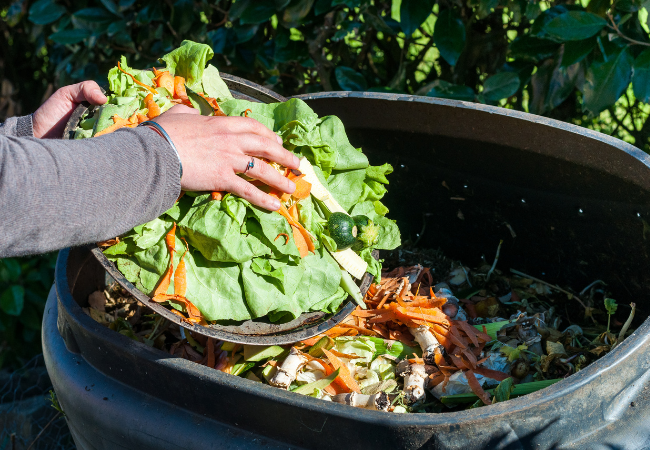
9. Avoiding Products Contributing To Deforestation
The top four major commodities driving deforestation are beef, soy, palm oil and wood in that order. By some estimates, 13.7 million hectares of deforestation occurs every year. Growing populations in developing nations add more stress to the already fragile natural ecosystems.
While beef and soy are easy to avoid, palm oil is contained in over half of all supermarket products. Owing to its high yield, palm oil plantations are spreading rapidly on fertile forest land creating areas where biodiversity cannot thrive.
Choosing products that are ‘palm-oil free’ or that use sustainable sources of palm oil are a few of the small things that can be incorporated in daily life. Other changes include switching from traditional toilet paper that contributes to 15% of the deforestation to recycled or sustainable toilet paper, avoiding wood products, and sourcing tree-free paper alternatives.
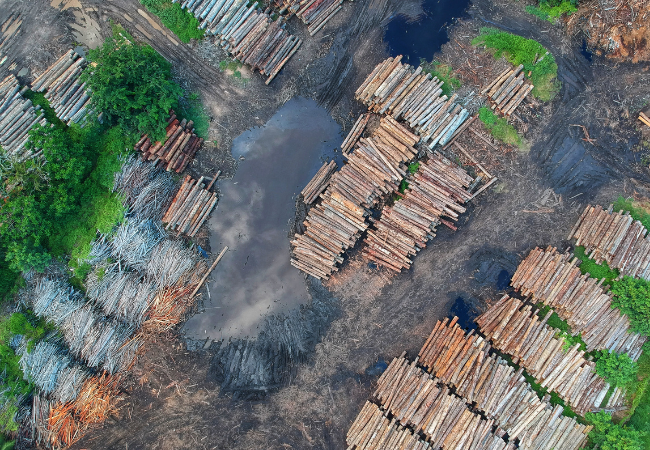
While individual action alone may not solve the climate emergency, it still holds great power. With the cooperation of larger industries, it is not impossible to tackle the problem and restore the natural world.
AUTHOR

trending
Be a Vegan First Informer
Send us buzzworthy news and updates
Explore
Contact Us
About Us
Stay Connected
Copyright ⓒ 2017-2023. VEGAN PASSION PRIVATE LIMITED. All Rights reserved.
For more information, please write to hello@veganfirst.com
Registered Office Address: 55, 2nd floor, lane 2, Westend Marg, Saidullajab, Near Saket Metro Station, New Delhi, Gadaipur, New Delhi South West Delhi, DL

2.png)

.png)

.png)
2.png)
2.png)
2.png)


1.png)





